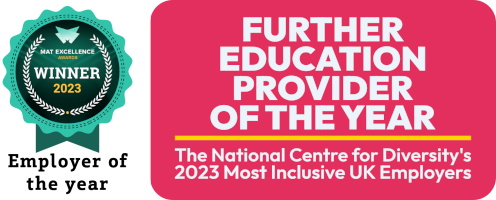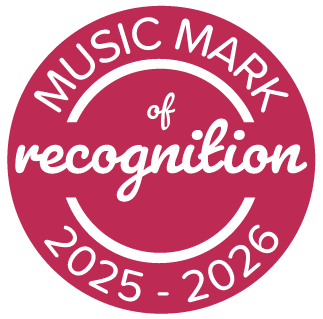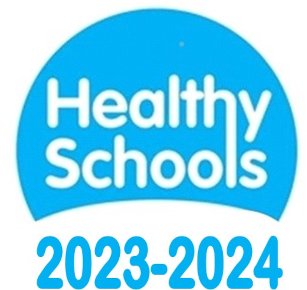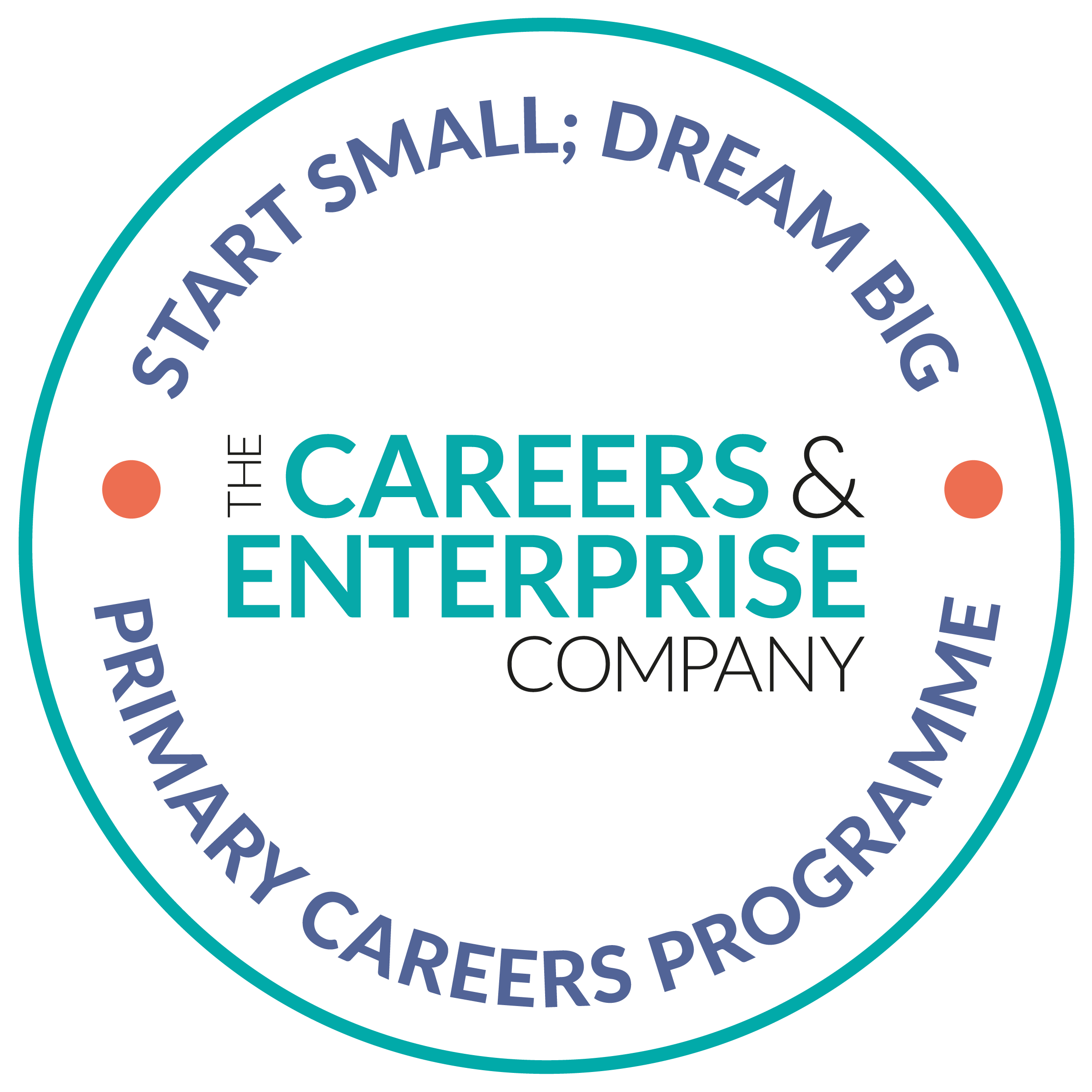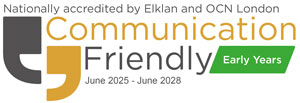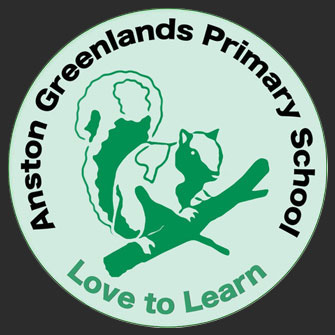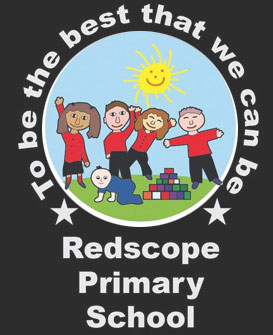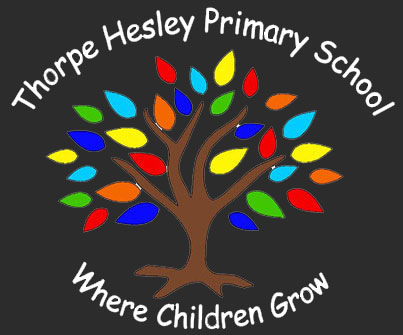At Thorpe Hesley Primary School we believe science should be:
- Practical and engaging for children.
- Viewed as an important part of a child’s learning.
- Cross curricular with links to other subjects.
- Celebrated individually, as a school and a community.
- Nurture a child’s curiosity and allow opportunities for them to ask questions and develop the skills they need to answer them.
- Available for all children to succeed by providng a multi sensory approach.
- Continued at home with family members.
- Enhanced through clubs, workshops and additional science events.
Overview by Stage
EYFS
Early Years is all about exploring and investigating the world and learning through fun and play. Science combines these two key elements which are crucial to establishing a lifelong love of learning.
In Early Years Foundation Stage (EYFS) children will begin to gain the science knowledge that they will build on throughout their primary school years, such as developing their skills of observation, prediction, critical thinking and discussion.
Science at Foundation Stage is introduced both indirectly through activities and taught sessions that encourage children to explore, problem solve, observe, predict, think, make decisions and talk about the world around them. This area of learning is called Understanding the World in the EYFS.
Throughout their time in the Foundation Stage children will learn about many scientific areas of learning such as the seasons, the human body and staying healthy and lifecycles. Children also discover how to take care of the environment and explore forces when learning about floating and sinking and magnets.
Key Stage 1
Science in Key Stage 1 (Years 1&2) is taught in weekly or longer twice weekly sessions and aims to engage children with the Science curriculum in a hands on approach. A high quality science education provides children with the foundations for understanding the world through three specific areas; biology, chemistry and physics.
Throughout their time in Key Stage 1 children will develop their scientific knowledge of plants, animals and habitats, as well as identifying and exploring everyday materials; their properties and suitability. Children will also observe changes across the seasons, including describing the associated weather and variation in the length of days.
Alongside the Scientific knowledge that will be acquired throughout Years 1 & 2, children will also develop a set of important skills. These skills are build upon throughout each year group. During KS1 children are provided with opportunities to observe and describe, identify, compare and group and research through first hand or secondary resources.
National Curriculum Information
The National Curriculum for science aims to ensure that all pupils:
- develop scientific knowledge and conceptual understanding through the specific disciplines of biology, chemistry and physics
- develop understanding of the nature, processes and methods of science through different types of science enquiries that help them to answer scientific questions about the world around them
- are equipped with the scientific knowledge required to understand the uses and implications of science, today and for the future
The principal focus of science teaching in Key Stage 1 is to enable pupils to experience and observe phenomena, looking more closely at the natural and humanly-constructed world around them. They should be encouraged to be curious and ask questions about what they notice. They should be helped to develop their understanding of scientific ideas by using different types of scientific enquiry to answer their own questions, including observing changes over a period of time, noticing patterns, grouping and classifying things, carrying out simple comparative tests and finding things out using secondary sources of information. They should begin to use simple scientific language to talk about what they have found out and communicate their ideas to a range of audiences in a variety of ways. Most of the learning about science should be done through the use of first-hand practical experiences, but there should also be some use of appropriate secondary sources, such as books, photographs and videos.
‘Working scientifically’ is described separately in the programme of study, but must always be taught through and clearly related to the teaching of substantive science content in the programme of study. Throughout the notes and guidance, examples show how scientific methods and skills might be linked to specific elements of the content.
Pupils should read and spell scientific vocabulary at a level consistent with their increasing word reading and spelling knowledge at Key Stage 1.
Key Stage 2
Science in Key Stage 2 (Years 3, 4, 5 &6) is taught in weekly or longer twice weekly sessions and aims to engage children with the Science curriculum in a hands on approach. A high quality science education provides children with the foundations for understanding the world through three specific areas; biology, chemistry and physics.
Throughout their time in Key Stage 2 children will build on their previous knowledge plants, animals and habitats but will also explore evolution and inheritance. They will develop their ideas of materials by investigating states of matter and changes in materials. Children will also aquire new knowledge when learning about magnets, forces, light and sound and earth and space!
Key Stage 2 provides the opportunity for children to refine their techniques in observation, comparison and description alongside developing further skills in construction, recognising pattern, testing and exploration.
Lower Key Stage 2 National Curriculum Information
The principal focus of science teaching in lower Key Stage 2 is to enable pupils to broaden their scientific view of the world around them. They should do this through exploring, talking about, testing and developing ideas about everyday phenomena and the relationships between living things and familiar environments, and by beginning to develop their ideas about functions, relationships and interactions. They should ask their own questions about what they observe and make some decisions about which types of scientific enquiry are likely to be the best ways of answering them, including observing changes over time, noticing patterns, grouping and classifying things, carrying out simple fair tests and finding things out using secondary sources of information. They should draw simple conclusions and use some scientific language, first, to talk about and, later, to write about what they have found out.
‘Working scientifically’ is described separately at the beginning of the programme of study, but must always be taught through and clearly related to substantive science content in the programme of study. Throughout the notes and guidance, examples show how scientific methods and skills might be linked to specific elements of the content.
Pupils should read and spell scientific vocabulary correctly and with confidence, using their growing word reading and spelling knowledge
Upper Key Stage 2 National Curriculum Information
The principal focus of science teaching in upper Key Stage 2 is to enable pupils to develop a deeper understanding of a wide range of scientific ideas. They should do this through exploring and talking about their ideas; asking their own questions about scientific phenomena; and analysing functions, relationships and interactions more systematically. At upper Key Stage 2, they should encounter more abstract ideas and begin to recognise how these ideas help them to understand and predict how the world operates. They should also begin to recognise that scientific ideas change and develop over time. They should select the most appropriate ways to answer science questions using different types of scientific enquiry, including observing changes over different periods of time, noticing patterns, grouping and classifying things, carrying out fair tests and finding things out using a wide range of secondary sources of information. Pupils should draw conclusions based on their data and observations, use evidence to justify their ideas, and use their scientific knowledge and understanding to explain their findings.
‘Working and thinking scientifically’ is described separately at the beginning of the programme of study, but must always be taught through and clearly related to substantive science content in the programme of study. Throughout the notes and guidance, examples show how scientific methods and skills might be linked to specific elements of the content.
Pupils should read, spell and pronounce scientific vocabulary correctly.
Science Ambassadors
The main role of the Science Ambassadors here at Thorpe Hesley Primary is to represent the Science curriculum and promote a love of Science. After a relaunch of the ambassador scheme in 2021-2022, all junior children were invited to apply for the role to represent their class. With over 60 applications, Miss Barker had the difficult task of choosing just 10 children. What a good choice she made!! The ambassadors hold regular meetings with Miss Barker to discuss their role and brainstorm ideas of how to enhance our Science curriculum. They give up their time to run an after school club for the younger Year 1&2 children, promoting a buzz for Science, developing scientific knowledge and just generally having fun.
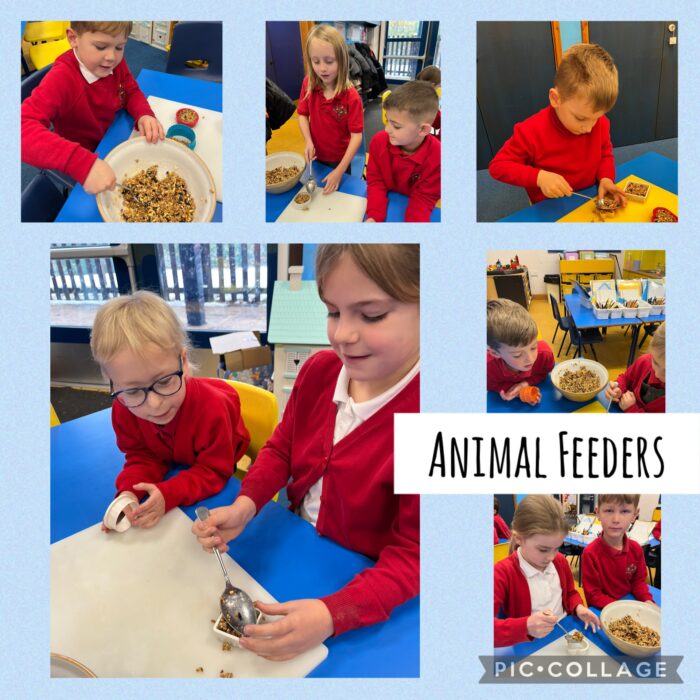
Useful Links and Resources
Here are our policies related to science teaching and some useful websites to help children learn more about science.
Policies and Information
Useful Websites
Science Museum
Have you ever wanted to try out strange experiments?
Follow the link and have a go at some of these fun science experiments.
If you complete one of these experiments then come in and tell us. We would love to hear what happened.
Kids National Geographic
Great website for finding out about the animals, science, nature and history.
This could help greatly with many of our topics.
Follow the link to explore it.
NASA Kids Club
Calling all you budding astronauts!
Great website to introduce children to space and what is beyond our own planet.
BBC Wildlife
Explore and find out so much about the world right here.
National History Museum
Bringing Science lessons to life!
Science for Kids!
A fun Science website with experiments, games, facts and quizzes!
Brain POP
How the world works!


